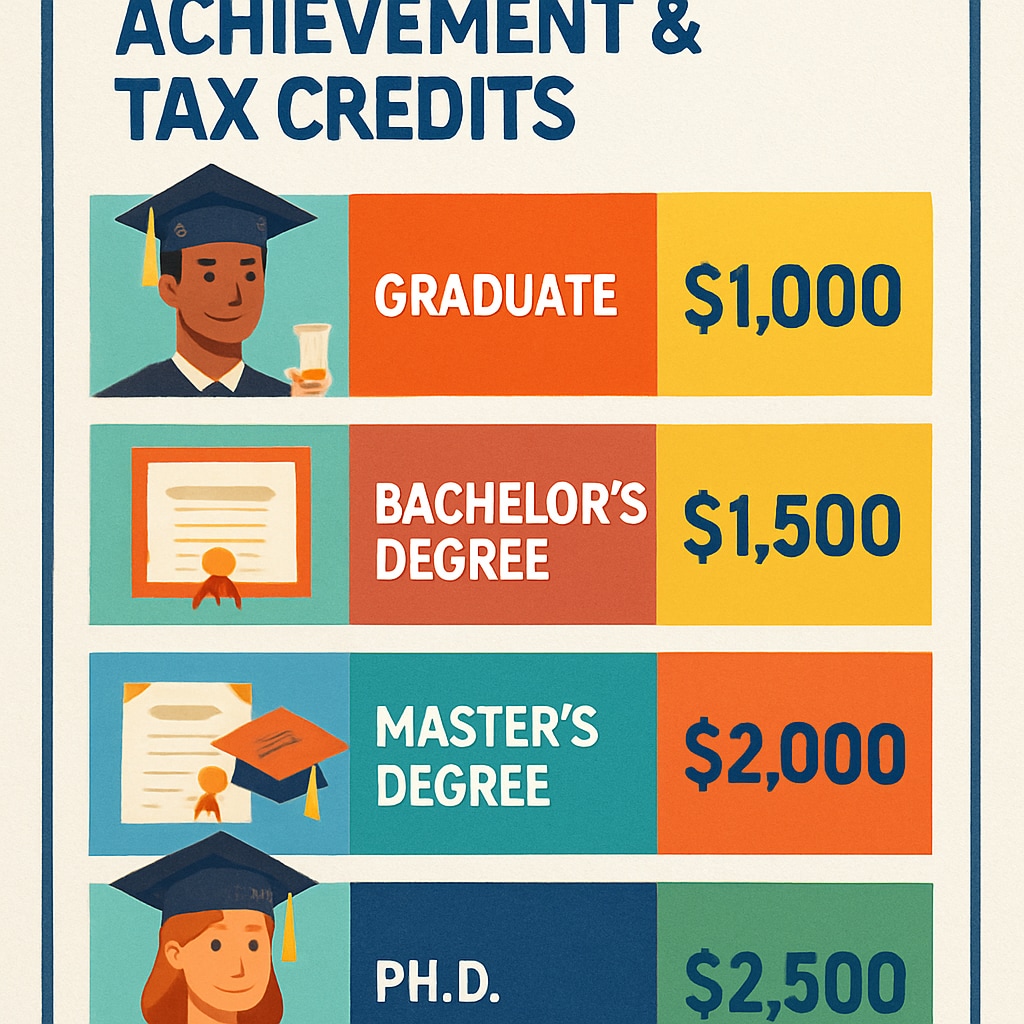Child tax credits and student academic performance could form the basis of an innovative policy linking financial incentives to parental educational responsibility. Recent studies show that parental involvement significantly impacts children’s learning outcomes, yet many families struggle to prioritize education amid competing demands. This proposal suggests restructuring tax benefits to reward measurable academic progress, creating a powerful economic motivator for parents.
The Case for Performance-Based Tax Incentives
Traditional child tax credits operate independently of educational outcomes. However, research from Brookings Institution demonstrates that targeted financial incentives can effectively change behavior patterns. Key potential benefits include:
- Increased parental participation in school activities
- More consistent homework supervision
- Greater investment in educational resources

Designing the Implementation Framework
For this system to work effectively, policymakers must establish clear performance metrics. The National Center for Education Statistics suggests using standardized test improvements, attendance rates, and teacher evaluations as measurable indicators. Potential implementation steps could include:
- Developing tiered credit amounts based on achievement levels
- Creating transparent reporting systems between schools and tax authorities
- Establishing appeals processes for special circumstances
However, significant challenges must be addressed. Critics argue that tying tax benefits to academic performance might disadvantage low-income families or students with learning disabilities. Therefore, any policy design must include safeguards against unintended consequences.
Balancing Incentives and Equity
While the potential benefits are substantial, the policy must avoid creating perverse incentives. For example, parents might pressure children excessively or focus only on measurable outcomes. The system should therefore:
- Include multiple performance indicators beyond test scores
- Provide additional support for struggling students
- Offer alternative pathways for demonstrating educational engagement

As educational systems worldwide seek innovative solutions, linking child tax credits to student performance offers a compelling approach to shared responsibility. When properly designed, such policies could create powerful alignment between family engagement, school support, and societal investment in future generations.


